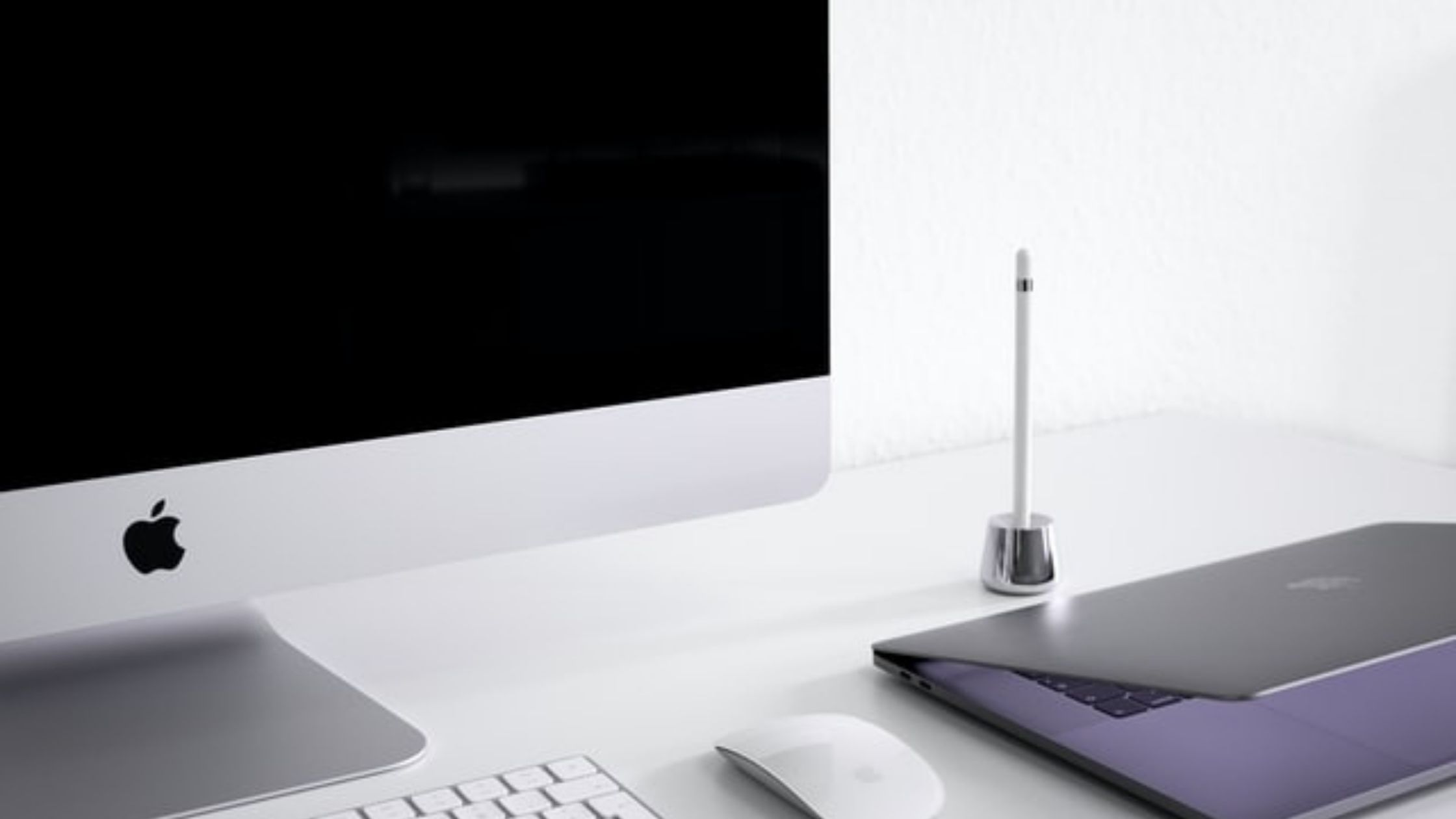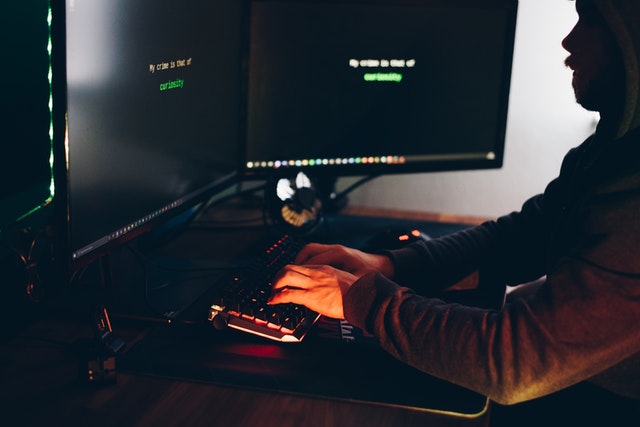Mac users make a grave mistake when they think they don’t have to worry about the viruses since they own this sophisticated device. Mac OS is a secure platform, but it does not provide 100% protection from the external threats. This article dwells on some of the most common viruses that affect Mac computers and explains why it is crucial not to overlook security measures.

Table of Contents
What Viruses for Mac Are There?
There are many viruses and malicious software kinds that may infect Mac computers. They all can be divided into four main groups:
- Adware. This group of viruses bombards users with annoying and excessive advertising pop-ups. Some adware is simply irritating, but some programs can spy on users or steal their personal data.
- Trojan viruses. These viruses are more malicious, targeting the most valuable data stored on the Mac (e.g., user passwords).
- Ransomware. Macs affected by this group of viruses do not work correctly until the virus is removed or a user agrees to pay money.
- Micro viruses. These viruses are tricky because they may perform various functions – from delivering more dangerous malware to accessing users’ data and compromising their online communication.
The built-in antivirus on Mac computers does not always provide the needed level of security, so there is a reason for concern.
Let’s discuss some of the examples of viruses causing problems with Mac computers. These include the following:
- MacDefender is a fake antivirus that can mislead Mac users as it looks similar to a legitimate program. Unsuspecting Mac owners may download it and pay for services it does not provide.
- Search Manager virus is a browser hijacker, which changes the browser settings. Once it gets into your computer, it can change your browser search provider.
- Xloader steals users’ login credentials, downloads files, makes screenshots, records keystrokes, etc. In other words, it allows hackers to spy on all your activities online.
- CoinThief is particularly dangerous for Mac users who own Bitcoins as it steals them once they try to use this app for payments.
- Pintsized allows hackers to control the Mac remotely. As you may suspect, they can do anything they want with your data and device.
Why Should I Bother?
You may be one of those lucky users who have never been affected by viruses. However, it doesn’t mean that your device will be protected in the future. There is always a possibility of catching a virus through some links, files, or unreliable apps. You need to be careful because viruses can create many difficulties, such as:
- Make it impossible to access some data
- Steal your personal data, such as credit card information, passwords, photos, etc.
- Send spam messages from your email and social media accounts
- Demand ransom
- Create hindrances to your computer use (e.g., launch unnecessary software)
- Slow down Mac operation
- Cause overheating and consume much energy
- Create browser issues (e.g., change your preferred browser to another one)
As you can see, viruses can affect both your device and your computer use. Trying to work on a computer affected by viruses is a real challenge, so if you use it regularly and depend on it in your work or study, make sure you protect it properly.

What Should I Do?
After reading about the threats that viruses pose, you probably want to know how to protect your device. Follow these simple rules to enhance the security of your data:
- Update the operating system regularly
- Do not click on the unknown links
- Do not download files from unfamiliar senders
- Do not install programs or apps that look suspicious
- Always check developer’s descriptions and customers’ feedback before downloading and installing programs
- Educate yourself by checking the latest trends in security protection
- Use legitimate antivirus software
Don’t forget that conscious and well-informed Mac users are less likely to become the victims of computer viruses.